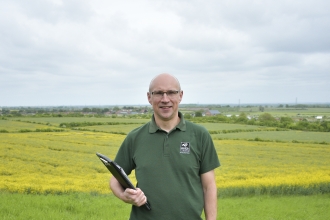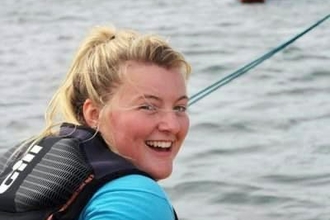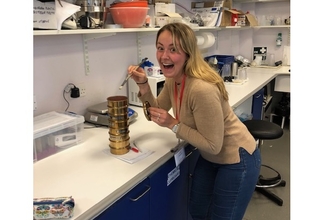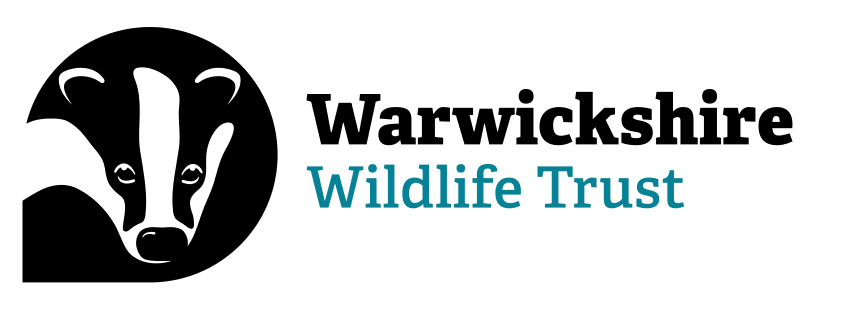The forest school principles are:
1. It is a long term process with regular sessions, planning, observations and reviews
2. Takes place in woodland or natural space to develop relationship with natural world
3. Promotes holistic development – boosting self-esteem, confidence, independence and creativity
4. Learner takes risks
5. Run by qualified practitioners
6. Learner-centered development and learning
7. There is no such thing as bad weather, just bad clothing
(Knight, 2013)
Forest school sessions are linked to learning from the EYFS to KS3 and 4, and for a more tailored package can be adapted around your class topic. The practice also links to the Play Principles and Every Child Matters.
We offer a 10 week programme covering the following activities:
1. Boundaries, Forest School rules, introductions and site explore
We will introduce ourselves and the Forest School ethos, then discuss dangers and Forest School rules. Children will explore the new environment and boundaries, play games and conclude with a base camp discussion of things they’d like to do over the following weeks.
2. Re-visit Forest School rules and ethos, Forest School games and site explore
Further discuss Forest School ethos and begin to feel comfortable in the site. Play some Forest School games that promote further exploring of the natural world whilst promoting teamwork and confidence.
3. Re-visit previous week, Nature Awareness (Plant ID, Habitats, Minibeasts – dependant on class topic).
Now comfortable in the area and with basic awareness of the natural world we will further investigate the area based upon current learning, this could be minibeast hunting, searching for habitats, identifying plants within the site or observing the seasons.
4. Re-visit previous week, continuation of Nature Awareness
To imbed the previous weeks learning the pupils will be able to continue their activities of choice.
5. Den building and basic knots
Children will learn about the need for shelter to survive and how to make dens using natural resources. Pupils will also learn how to use waterproof tarp sheets for shelter and learn a basic knot that can be used when attaching two sticks.
6. Den building and using knots in dens
As a continuation of the previous week, children will be able to enhance their dens for ultimate survival, continue their teamwork and those who did not get chance to learn the knot will have a turn. Children will then be shown how their knot can be used to make a better den.
7. Tools – Whittle sticks for toasting and imaginative play
In small groups, children will learn how to whittle using potato peelers, they can whittle sticks that may be used for toasting bread or can make a stick to play with. Children who are not learning to whittle can chose to carry on den building, exploring or adopting child-initiated play.
8. Tools – Whittle sticks for toasting and imaginative play
Children who did not get chance to whittle the previous week may learn this week, and those who want another go can do so. Children who are not learning to whittle can chose to carry on den building, exploring or adopting child-initiated play.
9. Re-visit favourite activity from sessions, introduce fire rules ahead of final session
Ahead of the final session children can continue their learning journey and revisited any activity they chose. We will also discuss the final week’s fire, what to expect, rules and play a game that will help us practise fire safety.
10. Fire lighting and cooking toast
In the final week, children will get the opportunity to try lighting a fire with a fire steel, they will then collect wood for the fire and reflect on their Forest School experience whilst toasting bread on the fire.
We also offer a 2 hour “Taster session” for your group in whittling and den building.
Costs: A 2 hour taster session for 20 children costs £100 plus VAT or a 10 week block of 2 hour sessions costs £800 +VAT for 20 children
Book: To book please call 02476 308974 or email education@wkwt.org.uk

My office
Gary is the Badger Edge Vaccination Scheme (BEVS) Project Manager for Nottinghamshire Wildlife Trust. He is injecting badgers to protect…

My world
I'm Gemma, the Marine Conservation Apprentice at Cornwall Wildlife Trust. Originally from the Channel Islands, I've grown up…

My motivation
I’m Libby, and I’m currently completing a research development internship in sustainable aquaculture (basically farming in water) at the…
